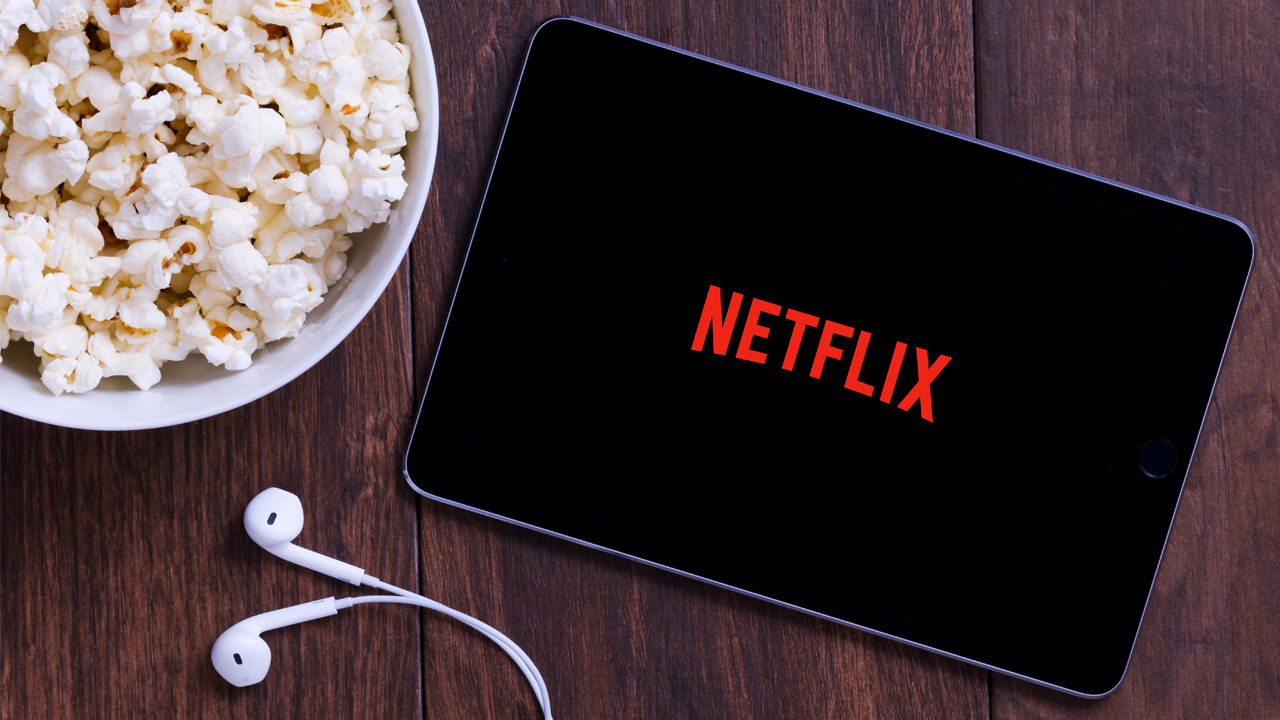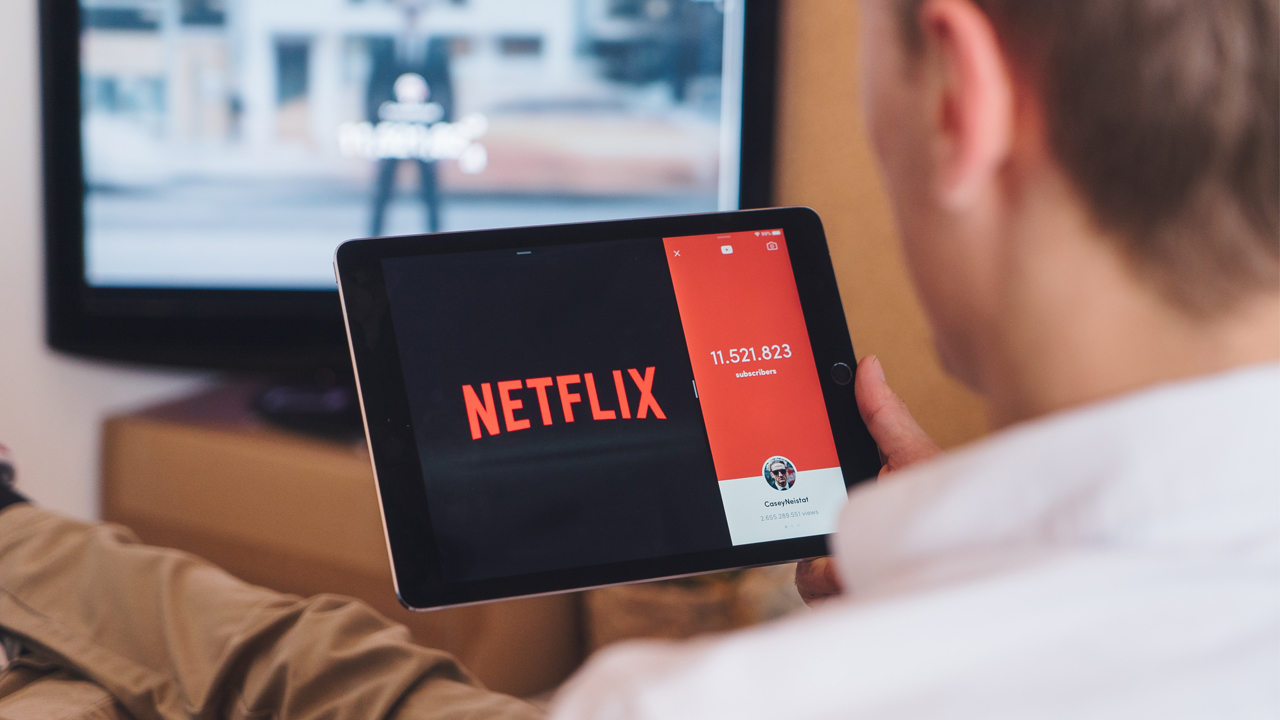How does a Netflix VPN work?
They can get you geo-blocked content, but how do they do it?

A Netflix VPN is an online tool that helps hide your identity and change your apparent location when browsing online. There are lots of benefits to using a VPN service, not least that it can help keep your data secure from prying eyes.
One major benefit of using a VPN when accessing Netflix, though, is how it allows you to access content that might not be available in your country. Below, we explore why and how Netflix limits content to certain locations, as well as how a VPN may be used to get around these limitations.
- Get more out of your Netflix: Here's how to change region on Netflix
- How to change your Netflix password if you get locked out of your account
We rank ExpressVPN as the top VPN for accessing Netflix.
If you just want to get access to tons of Netflix libraries and increase your online privacy, ExpressVPN is your best option – plus Tom's Guide readers can now claim three months absolutely free.
Why does Netflix block content in different regions?
It almost goes without saying, but Netflix blocks content in different regions due to copyright restrictions. This is because there is not one universal international copyright law, and so studios license out their content on an ad hoc, by-the-region basis.
This also leads to a situation where certain movies and films will be more expensive in particular territories, as studios charge more for the rights of something that will be very popular in a location, helping to drive revenue. For example, a film that is popular amongst French audiences might be more expensive to license in France than in Germany.
Therefore, it’s not just the law that motivates Netflix to limit its content. It must also do it to maintain a good relationship with its content providers, who have a significant financial interest in the effective enforcement of copyright limitations.
If you use an Amazon Fire TV Stick, we'd also recommend exploring the best Fire Stick VPN so you can get tons of great content on the move, wherever you are.
How does Netflix block content?
The process by which Netflix limits content in certain locations is called geo-blocking, and it all centers around your IP address.
Sign up to get the BEST of Tom's Guide direct to your inbox.
Get instant access to breaking news, the hottest reviews, great deals and helpful tips.
Your IP address was provided to you when you first registered with an internet service provider (ISP) and it is visible to the world when you use the internet. Crucially, it reveals a unique personal code and your geographical location. Netflix therefore knows your whereabouts as soon as you arrive on its site – even before you’ve entered your email or password.
It doesn’t matter that you are, for example, an American citizen who pays for American Netflix. As soon as you’re abroad, you’ll receive the Netflix of the country you’re in.

Why should I use a VPN to get around geo-blocking?
Most importantly, using a VPN allows you to access tons of movies and shows that might not be available in your location. Use your VPN to appear to be in South Korea, for example, and you’ll suddenly gain access to Dead Poets Society, The Grand Budapest Hotel, Black Swan, Guardians of the Galaxy, Frozen, The Lion King, Die Hard, and Wreck-It Ralph. Take a look at our guide to the best Netflix shows to watch with a VPN for more.
Secondly, VPNs are legal in most countries, and whilst it is against Netflix’s terms of service, they have yet to ban an account for using a VPN.
How does a VPN get around geo-blocking?
A VPN reroutes your connection to Netflix, and whichever other sites you are accessing, via another server somewhere else in the world. This hides your apparent IP address and replaces it with the intermediary server’s – so long as you are connected to the VPN. By redirecting your connection like this, the VPN makes you anonymous, and your apparent location changes to wherever the other server is located.
Most good VPNs will allow you to choose from the thousands of severs in its VPN server network all over the world to route your connection through, meaning you’re able to access content that has been geographically restricted to almost any country. Pretty much every VPN also offers data encryption, providing an additional level of security and ensuring your internet service provider or government can’t trace your activity.
Which VPN should you use?
There’s a roster of excellent options to choose from, and many are worth exploring – and each delivers a different experience that you may prefer.
However, ExpressVPN is by far the best option on the market. It easily bypasses Netflix’s geo-blocking infrastructure, as well those used by other sites like Amazon Prime, YouTube, and BBC iPlayer, and it's also available across pretty much all devices. ExpressVPN also offers a generous 30-day free trial so you can test-run its servers and impressive selection of bonus features.
Plus, Express also offers Tom's Guide readers three months free, which means you'll get a mega 15 months for the price of 12. For the #1 VPN on the market, that's a pretty good deal.


